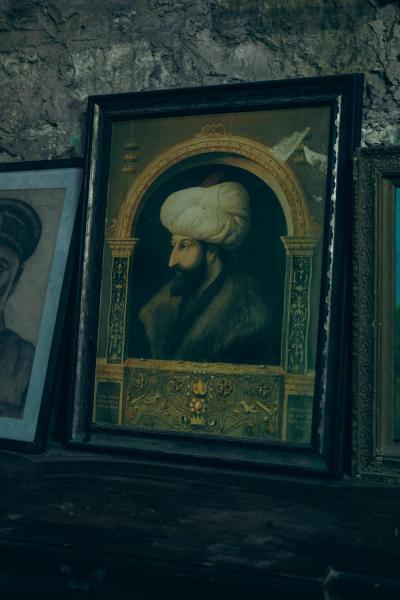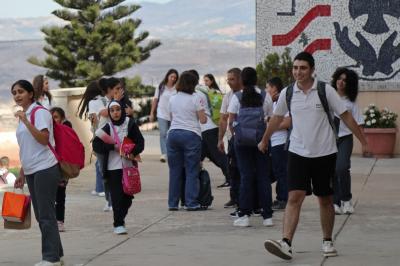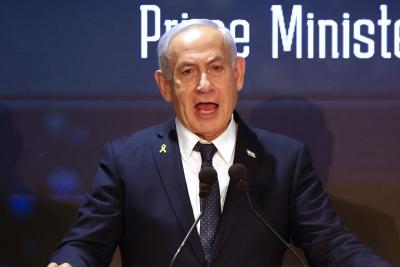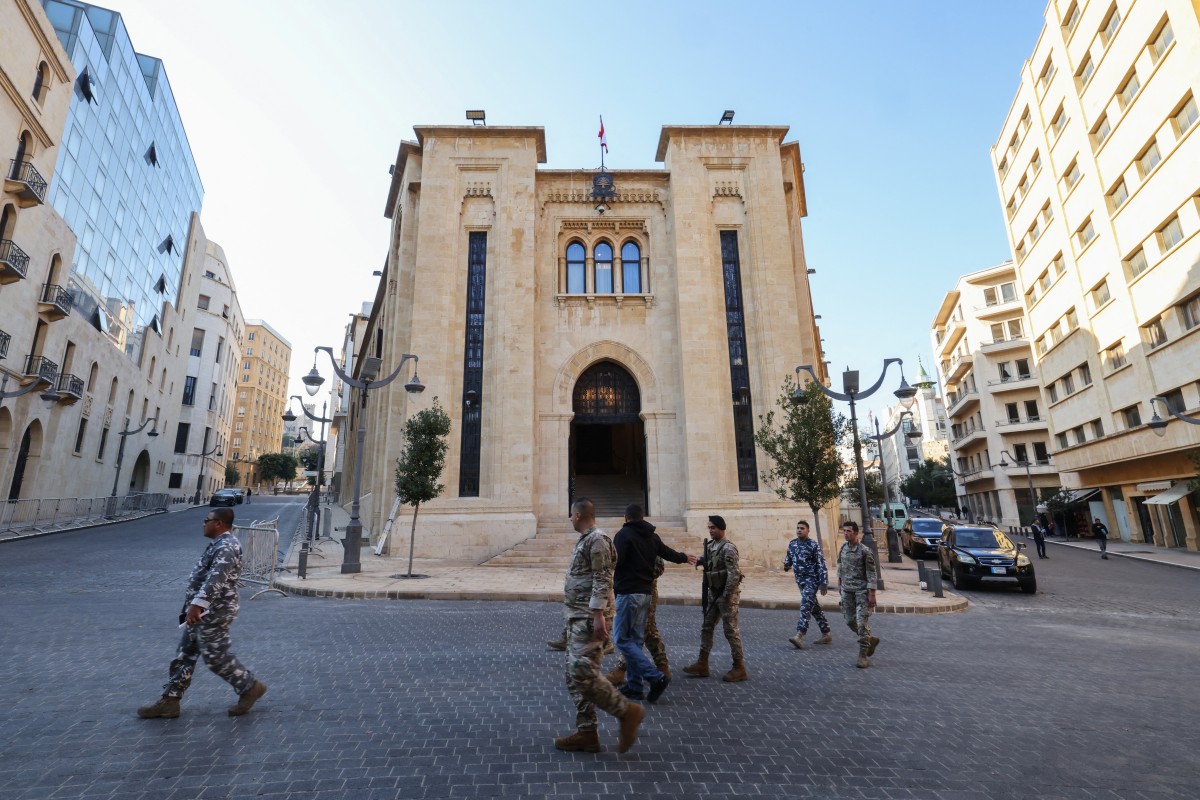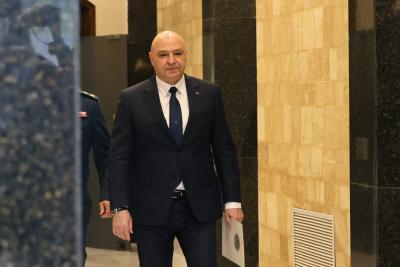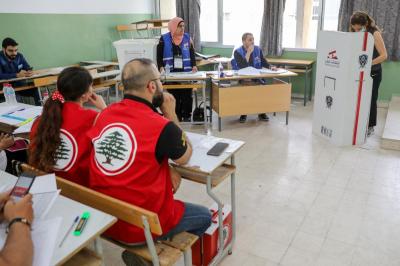Lebanon is emerging from the vortex of collapse and the status of a failed state, stepping onto a path of recovery and toward becoming a stable and independent nation. Its future will be a source of pride, overshadowed only by its recent past, not its distant history.
Historically, Lebanon has been a beacon of progress, notably since leading the first Arab renaissance in the 19th century—a legacy far removed from the tragedies of its modern era. From its ancient mentions in the Old Testament to pioneering the alphabet of knowledge, Lebanon was once celebrated as a human and cultural advancement model in the Arab world and the Middle East. However, half a century ago, it was dragged into the conflicts of others, marking the beginning of its struggles.
In the near past, Lebanon endured brutal wars culminating in the devastating conflict 15 months ago, which undermined its vitality, role, and essence. This collapse mobilized Arab and international efforts to save the nation from its recent decline.
Today, Thursday, January 9, 2025, marks the first step on the road to recovery. Parliament is set to elect a new president—a move now certain in both name and position. This step dismantles the obstructive « triple veto » that paralyzed the country for 26 months. Though it may face delays or hesitations, the path ahead is irreversible. As the saying goes: « What is written is written. » Lebanon will have a president of the promised sovereign and reformist stature.
The developments leading to this day cannot be erased. The trajectory is clear: tomorrow will not resemble yesterday. The era of a fragmented state with dual weapons, decisions, and loyalties has ended. The chapter on governing dichotomies and fabricated trilogies has been closed, leaving behind a dark page, even as some remnants of pessimism persist.
Under this undeniable truth, those who sought to obstruct the process have realized the futility of imposing a president aligned with the mentality of Lebanon’s past failures. They were forced to concede, justifying their actions as a compromise for the sake of « consensus. »
Even if, hypothetically, they managed to push through such a candidate, the new reality—domestically and internationally—would present two stark outcomes for such a figure: failure and marginalization alongside their backers, or a break from the schemes that brought them into power, necessitating alignment with the recovery and reform process under the supervision of Arab and international sponsors.
However, as of last night, this scenario appears out of reach. Parliamentary blocs have made their positions clear, rallying around a president firmly rooted in sovereignty and aligned with Lebanon’s new chapter of salvation and renewal.
The emerging balance driven by the transformative changes in Lebanon, Syria, and the region possesses sufficient momentum to ensure this positive trajectory. It compels those resistant to change and dismissive of new realities to accept them, as they lack the means to overturn these shifts.
In this context, the new president naturally aligns with the objective rescue framework, embracing its principles and conditions. Two key conditions stand out: unity and neutrality—unity of arms and decision-making, and Lebanon's neutrality in conflicts, transitioning to active neutrality.
It is no secret that Lebanon is in dire need of substantial financial, economic, and social assistance, whether through grants, deposits, or loans. Arab and international sponsors have tied these aids to well-known conditions. There will be no altruistic donors for a Lebanese faction that continues to hold power while antagonizing them, failing to honor agreements (notably the terms of the ceasefire agreement), or disregarding their standards. This is a cohesive nexus between politics and finance, leaving no room for extortion or bargaining. The weak and needy cannot afford the luxury of arrogance or refusal.
All Lebanese stakeholders—officials, political forces, figures, the president, presidential candidates, and those involved in future governments, reforms, and appointments—are well aware that these Arab and international sponsors have explicitly linked assistance to compliance with their conditions. Their envoys, particularly American, Saudi, and French, have been unambiguous in stating that funding and support will be withheld from any authority that contradicts their established criteria, as articulated over the past two years. This stance was first presented in meetings in New York and Paris reiterated in statements from Riyadh and Doha, and solidified through the marathon sessions of the Arab-International « Quintet Committee. »
In recent hours, amid intensive meetings, discussions, options, « advice, » and pressures, some heated tempers have cooled, conceding to the inevitable path of saving Lebanon. This reluctant acceptance is rooted either in the pragmatism of « forced compromise » or motivated by certain promises and incentives.
The central bead in the rosary of salvation must be intact, strong, and radiant, for only then will the rest follow in its image, and the prayer of hope and healing be fulfilled.
As the Holy Bible says, « Man shall not live by bread alone. » Similarly, Lebanon's survival depends more on than just its president.
 French
French

